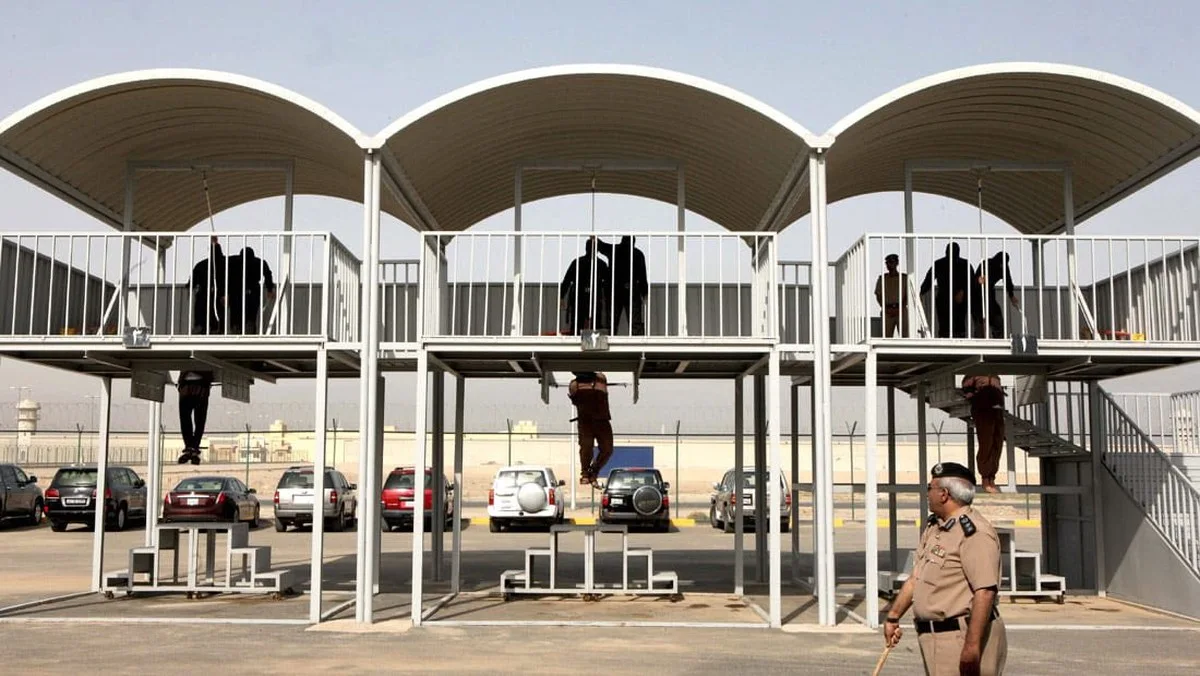28/10/2025
28/10/2025

KUWAIT CITY, Oct 28: Kuwait has taken a decisive step in its ongoing battle against narcotic drugs and psychotropic substances, with the Council of Ministers approving a new draft decree-law that imposes some of the toughest penalties in the region — including the death penalty and multimillion-dinar fines — for drug trafficking and related crimes.
The comprehensive decree-law, comprising 84 articles across 13 chapters, aims to unify and modernize Kuwait’s legal framework for combating drugs by merging Law No. 74 of 1983 (on combating narcotics) and Decree-Law No. 48 of 1987 (on psychotropic substances) into a single, more robust legislation. Officials said the unified law will enhance enforcement efficiency, streamline legal terminology, and strengthen the country’s protection against the social and security risks posed by drugs.
Severe Penalties for Drug Offenses
Among the most notable provisions is Chapter Nine, which deals with penalties. Article 42 stipulates that anyone found guilty of certain major drug crimes “under unauthorized circumstances” will face death or life imprisonment, along with a fine ranging between KD 100,000 and KD 2 million, or the equivalent value of the drugs involved — whichever is higher.
These crimes include:
- Smuggling or importing narcotic or psychotropic substances with intent to traffic
- Producing or manufacturing such substances with intent to traffic
- Cultivating banned plants for the purpose of trafficking
Article 43 expands these provisions to cover other forms of trafficking. Individuals convicted of possessing, purchasing, or selling narcotics or psychotropic substances for commercial purposes will also face death or life imprisonment, along with fines ranging from KD 50,000 to KD 500,000, or the full market value of the substances — whichever is greater.
The article further applies the same penalties to those who promote, barter, or offer narcotics or psychotropic substances for use, including in exchange for money.
Aggravating Circumstances for the Death Penalty
Article 44 outlines situations that automatically escalate the punishment to the death penalty, including cases involving repeat offenders, the exploitation of minors or persons with mental illness in drug crimes, or when a perpetrator provides drugs to a juvenile for personal use. The death penalty also applies if the offender abuses official authority to commit or facilitate such crimes.
Article 45 targets organized drug networks, stipulating that anyone who establishes or manages a criminal organization, even outside Kuwait, with the intent of committing drug-related crimes, shall be punished by death. Meanwhile, individuals who knowingly join or assist such organizations will face life imprisonment and fines ranging from KD 20,000 to KD 50,000.
Unified Legal Framework and Broader Control Measures
The decree-law’s 13 chapters cover all aspects of regulation — from definitions and licensing for import, export, and production, to trade and possession permits, as well as cultivation restrictions, treatment, and administrative control.
The chapters are titled as follows:
- Definitions
- Establishment of Entities
- Import, Export, Transport, Production, and Cultivation Licenses
- Trade Licenses for Narcotic Drugs and Psychotropic Substances
- Possession Licenses
- Regulation of Production and Manufacture
- Prohibited Plants
- General Provisions
- Penalties
- Treatment and Detention
- Issuance and Enforcement of Judgments
- Arrest and Regulatory Procedures
- Administrative Oversight
By merging and modernizing previous laws, the new decree-law aims to unify definitions, harmonize penalties, and close procedural loopholes, ensuring more effective law enforcement and judicial consistency.
The Council of Ministers, chaired by His Highness Sheikh Ahmed Al-Abdullah Al-Sabah, Prime Minister, approved the draft during its weekly session on Tuesday. The move underscores Kuwait’s determination to confront the growing regional and global drug threat with uncompromising resolve.


